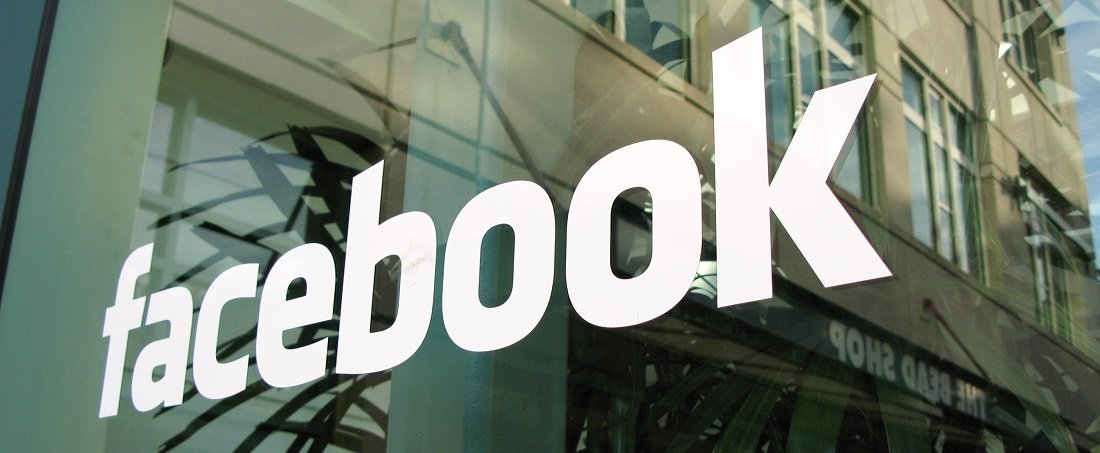Portland’s Deirdre Livingston investigates the true meaning and consequences of social media echo chambers, and how they influence us in positive and negative ways.
The political events of the past year, including the UK’s decision to leave the European Union and Donald Trump’s electoral victory in the US, have revived the debate around social media’s role in political discussion.
Several newspapers, including the Guardian have blamed online filter bubbles and echo chambers for the ‘unforeseen’ election results.
Both filter bubbles and echo chambers are said to shield users from contradictory views and beliefs.
The argument held by the majority of publications is that these ‘traps’ have been created without us being aware. They also speculate that if given the choice we would choose to be exposed to multiple views instead of being secluded into our own pre-existing beliefs.
However this assumption is overly simplistic because it ignores the realities of the convergence between our offline and online worlds. While social media does play a part in the creation of filter bubbles, they cannot be solely to blame.
Offline Stratification: Limiting our relationships
The first point of call in debunking the myth of social media echo chambers is to question if people truly want to be part of diverse communities.
After having conducted a survey across North America, Europe, and South East Asia on relationships, Portland found that people naturally create echo chambers offline. Many said that their friends were from similar socio-cultural backgrounds, and the stratification increased with age.
The findings mirror a 2012 study on social integration in the UK. It broadly defined social integration as “the extent to which people interact with others who are different to themselves in relation to age, social grade, ethnicity and age”.
The paper concluded that 14% of Britons were isolated by social grade, 42% by age, and 48% by ethnicity. It also further argued that living in cosmopolitan areas did not necessarily improve integration, with Londoners being “less integrated by social grade, ethnicity and age than the rest of Britain”.
The existence of offline bubbles can also be seen across the pond.
A 2008 poll conducted by the Pew Research Centre on community diversity in the US found that while the majority of Americans said they preferred to live in diverse communities, many chose to live in segregated communities.
For instance the report found that 65% of Americans said they would prefer to live in a community with a mix of different races. Yet the US 2000 Census showed that over half of African-Americans – which made up 12% of the total population at the time – were clustered in predominantly black neighbourhoods.
Therefore while the majority of people say they would prefer to live in richly diverse neighbourhoods, they actually congregate with other like-minded individuals.
So where does social media fit?
Social Media: The acceleration of echo chambers
While social media is not the sole creator of echo chambers as claimed by many journalists, it was found that it accelerates their expansions.
Users continuously replicate their own existing social filters online. They become further removed into communities of people who already agree with their own views and are allowed to ignore news stories they judge to be uninteresting or untrue.
But more importantly, the Internet has allowed many to gain anonymity as well as escape social mores and the pressures they bring.
Stuck in conversations with other like-minded individuals and no longer fearing the consequences of their actions, users’ views of the world become increasingly more polarised.
This is exemplified by another paper by Pew Research Institute on the political environment of social media in America, published in October 2016.
When asked about political conversations on social media, 84% of respondents agreed that they and others were likely to say things that they would never say in person.
Additionally more than half found online political conversations were less respectful, less civil and less likely to come to a resolution than discussions through any other mediums, including face-to-face.
Conclusion
It becomes increasingly clear that social media is not the sole cause of social filter bubbles. What recent newspapers have missed is the creation of echo chambers in our offline world, and their incorporation with our online worlds.
The convergence of both our offline and online worlds has actually fast-tracked the speed at which echo chambers form and proliferate. The lack of social norms and the growing number of online echo chambers has polarised users into groups, further radicalising their opinions.

